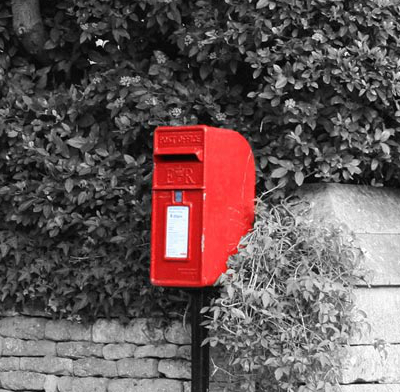The Origins of Easter Foods

Easter is not only a religious holiday celebrated by Christians worldwide, but it is also a time rich with culinary traditions. Many of the foods associated with Easter have deep-rooted history and symbolise various aspects of the religious celebration as well as the season of Spring. Let's explore the origins of some traditional Easter foods right now.
Eggs
Eggs are perhaps the most iconic symbol of Easter. They represent new life and rebirth, aligning with the resurrection of Jesus Christ. The tradition of decorating eggs dates back centuries and is prevalent in many cultures. In the UK, hard-boiled eggs are often painted in vibrant colours and used in Easter egg hunts, a practice that delights children and adults alike.
However, the custom of giving chocolate eggs is a relatively modern addition to Easter traditions. It began in the 19th century when European chocolatiers started crafting hollow eggs from chocolate. Today, chocolate eggs are a staple of Easter celebrations, especially among children.
Hot Cross Buns
These spiced sweet buns, marked with a cross on top, are traditionally eaten on Good Friday. The cross symbolises the crucifixion of Jesus, while the spices inside are said to represent the spices used to embalm him at his burial. The earliest recorded mention of hot cross buns dates to 1733, but some believe their origins may be even older, possibly linked to ancient pagan rituals celebrating the spring season.
Roast Lamb
Serving lamb at Easter has its roots in Jewish Passover traditions, where a lamb was sacrificed and eaten during the festival. For Christians, lamb symbolises Jesus, referred to as the "Lamb of God." In the UK, roast lamb is a popular Easter Sunday meal.
Simnel Cake
This light fruitcake, topped with a layer of marzipan, is traditionally associated with both Easter and Mothering Sunday – not to be confused with Mother’s Day! The cake is decorated with 11 marzipan balls, representing the 11 faithful apostles of Jesus, excluding Judas. Simnel cake dates back to medieval times and was originally a gift for mothers during Lent.
Carrot Cake
While not exclusively an Easter food, carrot cake has become associated with the holiday, possibly due to its connection with the Easter Bunny, who is said to love carrots. The cake's popularity during this time adds a sweet touch to Easter feasts.
Understanding the origins of these traditional Easter foods adds depth to the celebrations, connecting modern day with centuries of cultural and religious practices. Whether you're enjoying a slice of simnel cake or partaking in an Easter egg hunt, these customs enrich the holiday experience for all who participate in them!
Latest News
Red Box Renew IADC Membership
UK Food Trends to Watch in 2026: Bold Flavours, Global Inspiration & Health-Savvy Eating
Mood Boosting Foods for January Blues
Merry Christmas from all of us at Red Box!
What Services Can Red Box Provide for Your Business?
The Shift in UK Vegan Food: Why Some Plant-Based Options Are Disappearing
Useful Links to Further Information
- THE BRITISH INSTITUTE OF FACILITIES MANAGEMENT (BIFM)- Founded in 1993, BIFM is a professional body for facilities management, both individuals and organisations.
- FIRST POINT ASSESSMENT (FPAL)- Is a supplier management community supporting the European oil and gas industry.
- THE CHARTERED INSTITUTE OF ENVIRONMENTAL HEALTH (CIEH)- A charity that is the professional and leading voice for environmental and public health and safety.
- INSTITUTE OF HOSPITALITY- A professional membership group that provides support and information for those who work or study in the hospitality and tourism industries.
- FOOD STANDARD AGENCY (FSA)- The governmental department responsible for food safety and hygiene throughout the UK.
- THE UNIVERSITY CATERERS ORGANISATION (TUCO)- TUCO is a professional membership group for in-house caterers within the higher education sector, and is one of the leading organisations of its kind in the UK.
- BRITISH HOSPITALITY ASSOCIATION (BHA)- An agenda-setter and members organisation for the hospitality and tourism industry that helps to promote the interest of operators, brands and owners across the hospitality and tourism sectors.
- ROYAL SOCIETY FOR PUBLIC HEALTH (RSPH)- An independent and multi-disciplinary charity who’s mission is to improve public health and wellbeing.
- INTERNATIONAL FACILITY MANAGEMENT ASSOCIATION (IFMA)- An international association for facilities management professionals, supporting 24,000 members in 105 countries.
